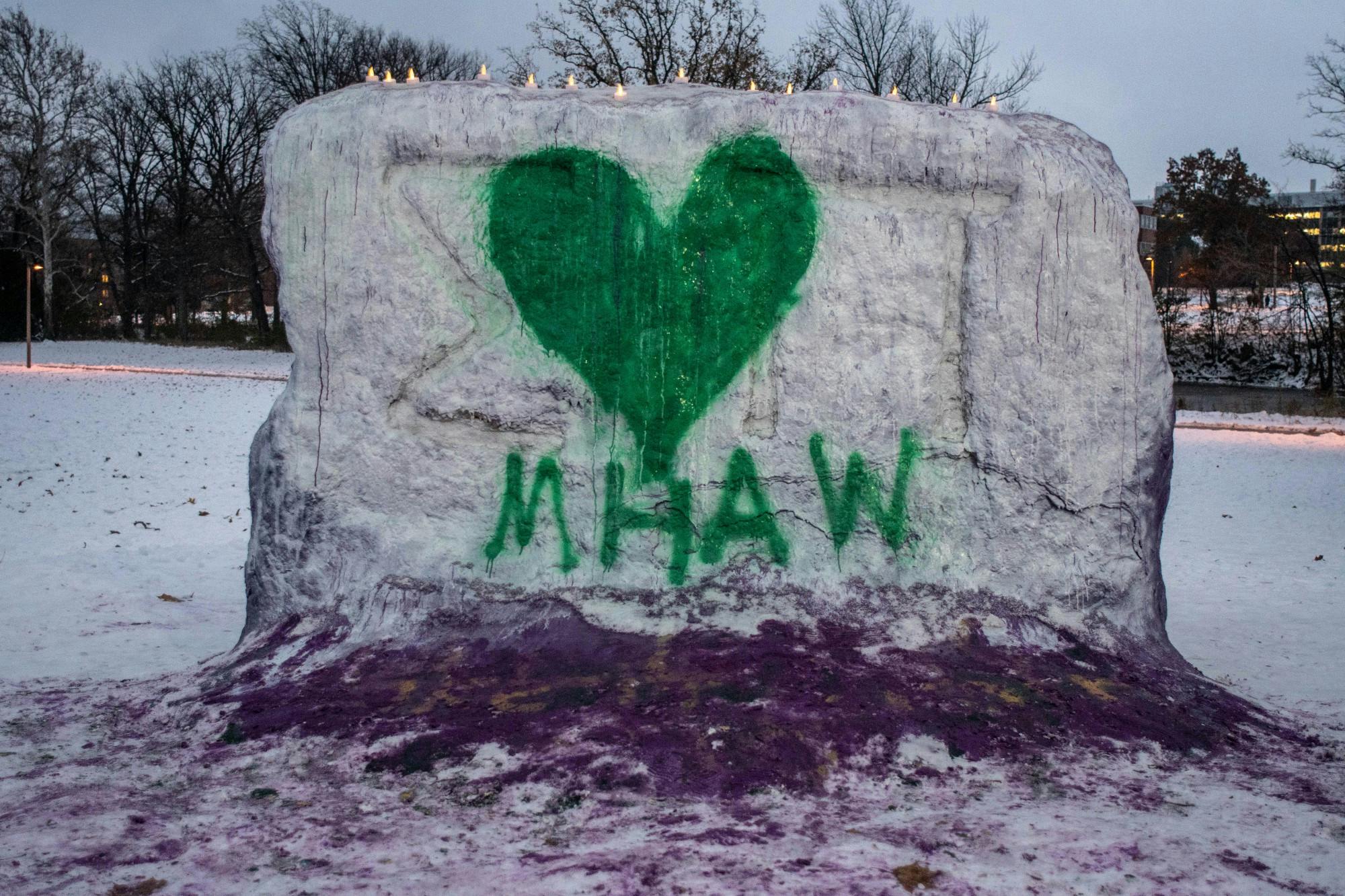Content warning: Article mentions the topics of suicide, substance abuse.
Going through a challenging and life-altering event such as a global pandemic can lead to countless overwhelming feelings, whether it be anxiety or fear, frustration or anger, exhaustion or even despair.
In a report joint published last week by Well Being Trust and the Robert Graham Center, it was stated that, "Alongside the thousands of deaths from COVID-19, the growing epidemic of "deaths of despair" is increasing due to the pandemic."
The two foundations made an estimation that highlighted as many as 75,000 more people dying from habitual misuse of alcohol or drugs and suicide, making the collective impact more devastating than originally anticipated.
The report indicated that the three factors contributing to this supposed fate include: "unprecedented economic failure paired with massive unemployment, mandated social isolation for months and possible residual isolation for years, and uncertainty caused by the sudden emergence of a novel, previously unknown microbe."
Michigan Department of Health and Human Services (MDHHS) Public Information Officer Bob Wheaton stated that on their peer warm line they have received 2,116 calls between April 13 and May 1, as well as 516 just for this week.
He categorized 80% of these calls as Level 1, meaning the caller is seeking support; 19% as Level 2, meaning the caller is seeking specific resources; and only 1% as Level 3, meaning the caller is in extreme crisis involving suicidal thoughts and tendencies or substance issues.
The peer 'warm line' can be reached at 888-733-7753 and is open from 10 a.m. to 2 a.m.
MDHHS also has a specific hotline for someone in crisis that is open 24/7 — just text the word "RESTORE" to 741741 — as well as both a hotline and an email inbox more so regarding COVID-19 concerns. Both have also seen heavy bouts of contact.
According to an online, probability-based Gallup Panel survey conducted in early April, it was found that, as social distancing guidelines persist and business and schools remain shut down, Americans think their mental health will suffer before their physical or even financial health.
Majorities said they can continue following any government protocol for as long as necessary before their physical health (68%) or financial health (54%) face hardship. However, only 48% said their mental health will hold out as long. In fact, as foreseen, more Americans said they are already facing mental health (15%) hardship as opposed to physical (6%) or financial (9%) hardship.
"Undeniably, policymakers must place a large focus on mitigating the effects of COVID," Benjamin Miller, chief strategy officer of Well Being Trust, said. "However, if the country continues to ignore the collateral damage — specifically our nation's mental health — we will not come out of this stronger."
Fortunately, there are resources and avenues to lessen the risks of another health-related crisis.
Mental health experts are working now to keep the spirits of the public lifted while they endure living under the pressure of a government mandated 6-foot bubble.
"Our mental health is critically important because, like many aspects of our health, it pretty much influences all of our experiences," Mark Patishnock, director of Counseling and Psychiatric Services, or CAPS, at Michigan State University said. "If we don't tend to it, take care of it and prioritize it, it tends to impair or debilitate the things we're trying to accomplish."
Patishnock recommends coping with mental health by maintaining three physical health habits: diet, exercise and sleep.
"If you show me somebody who has a nutritious diet, somebody who is exercising routinely and someone who has a regular sleep schedule and has good sleep hygiene is generally somebody with better mental health than they otherwise would have without those three things," Patishnock said.
Patishnock said to stay aware of your emotions, get a sense of what exactly it is you may be going through and respond to it accordingly.
"Our bodies constantly tell us when we have needs. We know when we're thirsty; we know when we get tired," Patishnock said. "Our body also communicates to us through a mental health perspective as well. Figuring out what we're doing that might make us feel (a certain way) might be really helpful."
Support student media!
Please consider donating to The State News and help fund the future of journalism.
People need to tending to their mental health now more than ever. According to an NPR article by Yuki Noguchi, "Experience with past natural disasters, such as earthquakes and hurricanes, shows that a rise in suicide often happens in the months after the immediate physical dangers of the disaster have passed."
According to Noguchi, the lasting effects of trauma, in the case of this pandemic with its geographic and psychological reach, could be far more sweeping than events such as Hurricane Katrina and the Great Recession.
CAPS has seen consistent student usage since the end of the 2019-20 school year, which in some ways may surprise people, Patishnock said.
Similarly, the Community Mental Health Authority of Clinton, Eaton and Ingham counties, or CEICMH, has also seen a consistent number of people utilizing their communication line.
CEICMH prevention and wellness specialist Dr. Noelle Goffnett said their agency has created a community-based support phone line at 517-237-7100 for anyone who lives within the three county boundaries they overlook. It's open every Monday through Friday from 8:30 a.m. to 4:30 p.m.
Most, if not all, mental health experts recommend staying in contact with at least one other person during this time, whether it be through phone, video or text.
Discussion
Share and discuss “Coping with COVID-19: Experts weigh in on a looming mental health crisis” on social media.








